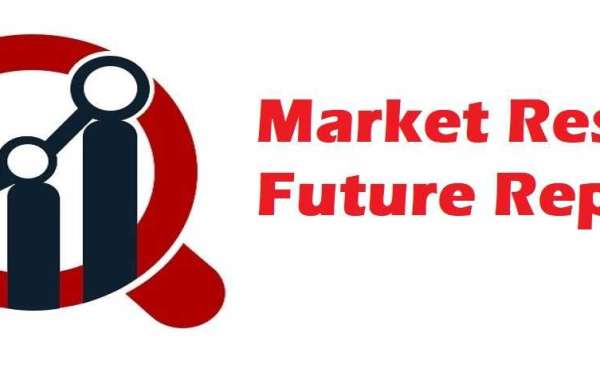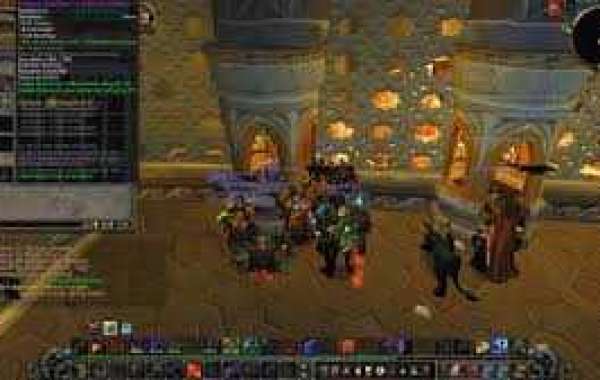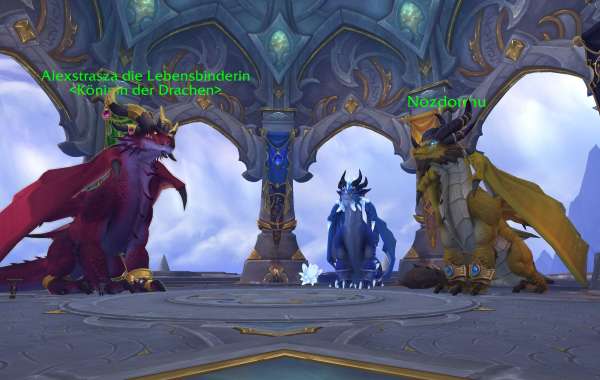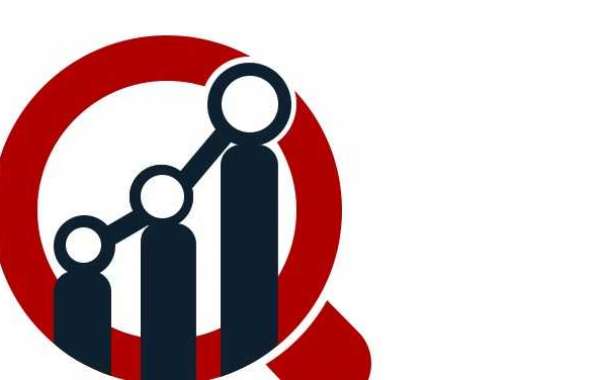Market Highlights
According to MRFR analysis, Biosimulation Market Insights is expected to register a CAGR of 15.9% during the forecast period of 2022 to 2030 and is likely to be valued at USD 4.4 Billion by 2030.
Biosimulation is a tool used for the prediction of the outcomes of existing clinical trials associated with innovation and new drug development.
The growth of the Global biosimulation Market is determined by numerous factors such as the growing adoption of biosimulation software by regulatory bodies, increasing healthcare expenditure, increasing use of pharmacokinetic & pharmacodynamic modelling in pre-clinical development and rising need to reduce the drug development costs. However, lack of standardization in biosimulation methodology and lack of trained professionals for monitoring biosimulation software are likely to hamper the growth of the global biosimulation market during the forecast period.
Several market players currently dominate the Global Biosimulation Market. The key players are involved in product launches and strategic collaborations to strengthen their market positions. For instance, in September 2022, Certara Inc. launched version 8.2 of Phoenix, the most advanced and widely used validated software for PK, PD, and toxicokinetic modeling and simulation worldwide.
Key Players
Some of the Key Players in the Global Biosimulation Market Players are Dassault Systèmes (France), Certara USA, Inc. (US), Simulation Plus (US), Schrödinger (US), Chemical Computing Group (Canada), Physiomics (UK), In Silico Biosciences (US), Advanced Chemistry Development, Inc. (Canada), Genedata AG (Switzerland), Nuventra Pharma (US), Evidera (US), Leadinvent Technologies (India), LeadScope, Inc. (US), Rosa (US) and INOSIM Software GmbH (Germany).
Segmentation
The Global Biosimulation Market has been segmented based on product, application, delivery model and end users.
The market, based on product, has been divided into software and services. The software segment is further segmented into PK/PD (pharmacokinetic/pharmacodynamic) modeling and simulation software, molecular modeling and simulation software, PBPK (physiologically based pharmacokinetic) modeling and simulation software, toxicity prediction software, trial design software, and others. The services segment is further segmented into in-house services and contract services. The software segment is likely to hold the maximum market share in the global biosimulation market owing to growing adoption of biosimulation software by pharmaceutical and research organizations and the increasing R&D investment for pharmaceutical research.
The global biosimulation market based on the application has been segregated into drug development, drug discovery, and others. The drug development segment is expected to hold a larger share of the market share owing to the rising adoption of biosimulation tool for the drug development process.
The delivery model segment of the market is divided into subscription models and ownership models.
Based on end users, the global biosimulation market has been segmented into pharmaceutical and biotechnology companies, contract research organizations, research institutes, regulatory authorities, and others. Rising adoption of inorganic growth strategies by different biosimulation service providers is likely to boost the adoption of biosimulation solutions in the pharmaceuticals and biotechnology companies.
Regional Analysis
The market has been divided, by region, into the Americas, Europe, Asia-Pacific, and the Middle East & Africa.
Americas has been segmented into North America and Latin America, with the North American market being divided into the US and Canada. The Americas is projected to hold the largest market share owing to the increasing R&D spending by pharmaceutical and biotechnology companies in the region and growing number of clinical trials & drug development practices.
The European biosimulation market has been categorized as Western Europe and Eastern Europe. The Western European market has further been classified as Germany, France, the UK, Italy, Spain, and the rest of Western Europe. The biosimulation market in Asia-Pacific has been segmented into Japan, China, India, South Korea, Australia, and the rest of Asia-Pacific. Rising geriatric population and the presence of a large patient pool, are the key factors responsible for the fastest growth of the market in Asia-Pacific. The biosimulation market in the Middle East & Africa has been divided into the Middle East and Africa.
About US:
Market Research Future (MRFR), enable customers to unravel the complexity of various industries through Cooked Research Report (CRR), Half-Cooked Research Reports (HCRR), Raw Research Reports (3R), Continuous-Feed Research (CFR), and Market Research & Consulting Services.
Contact us:
Market Research Future (part of Wantstats Research and Media Private Limited),
99 Hudson Street,5Th Floor, New York,
New York 10013
United States of America








